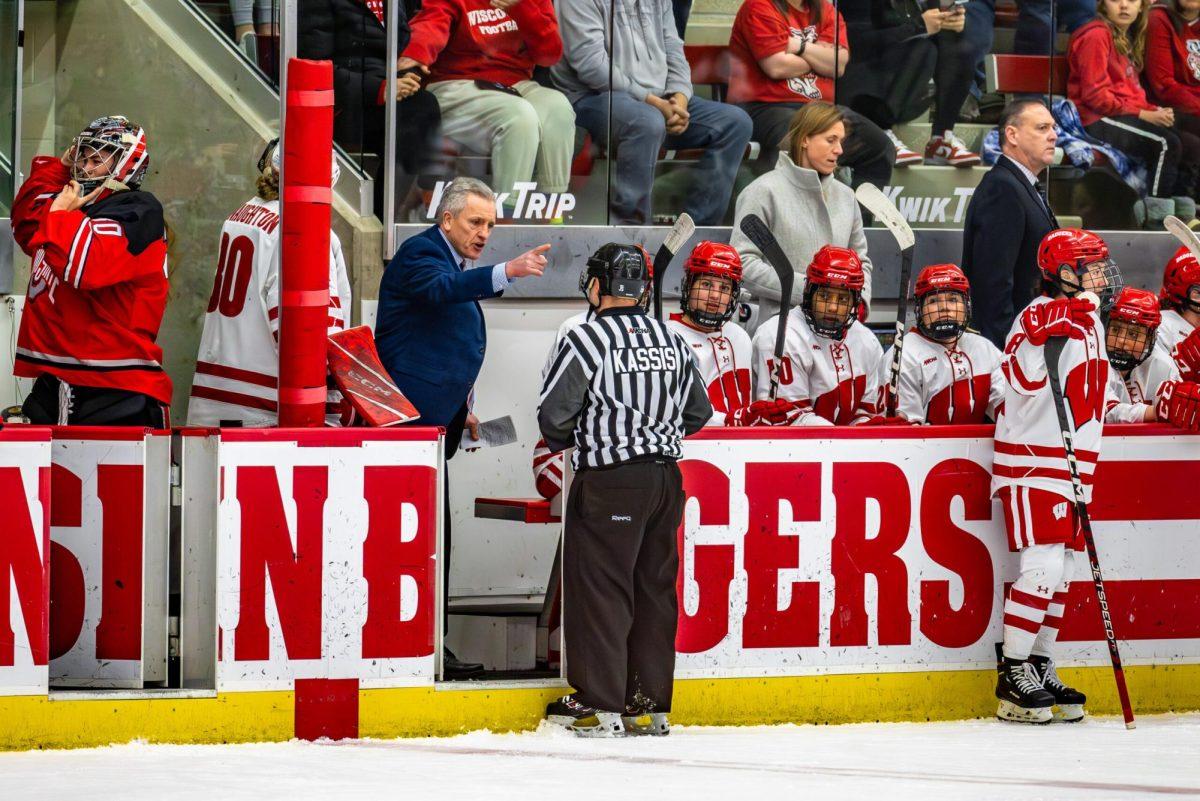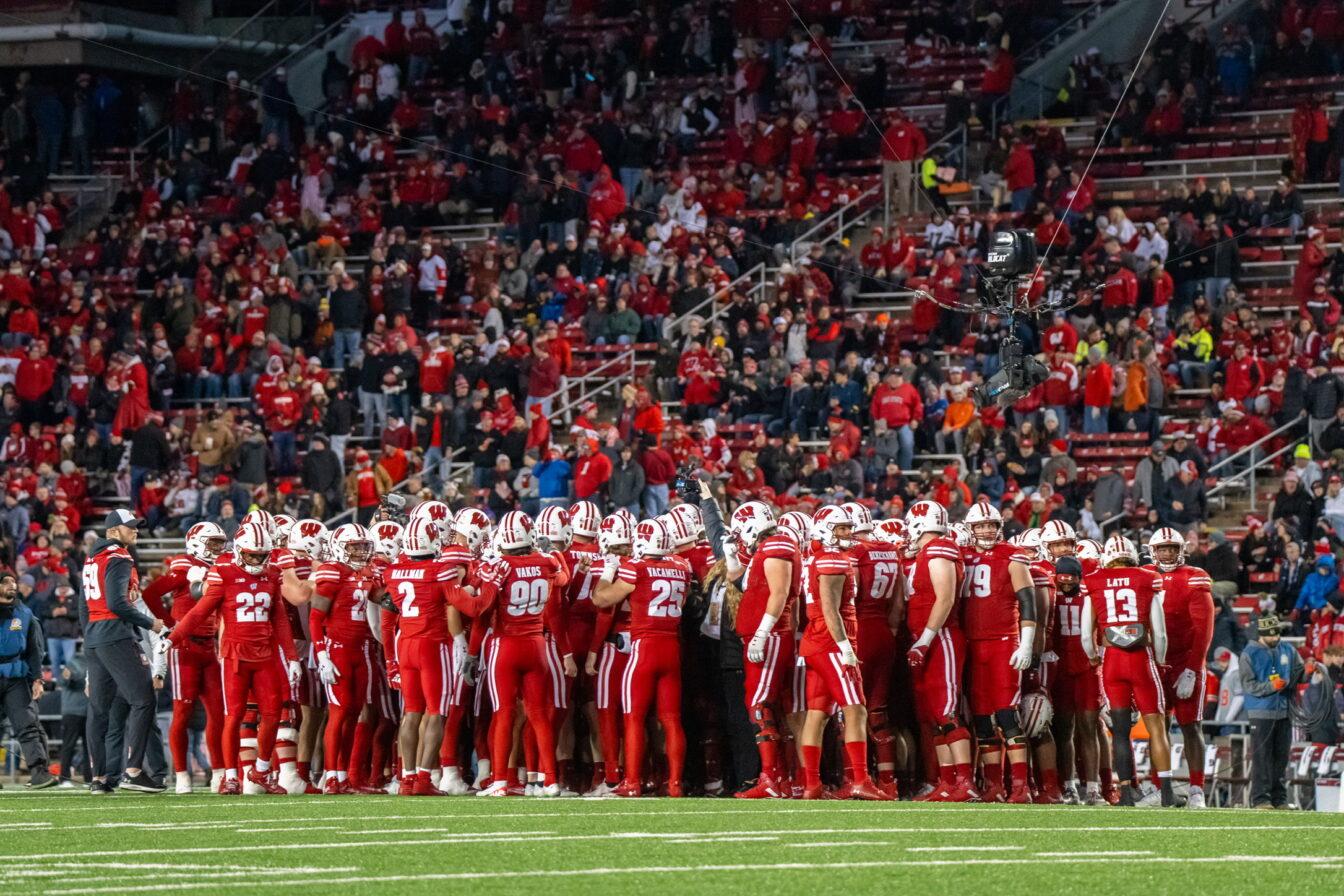Some things in sports just don’t make sense to me. For example, how is a team nickname like the Fighting Sioux offensive, but the name Redskins or a logo such as the Cleveland Indians’ is not? Struggling to find answers? So am I. Just last week, a lawsuit was settled between the North Dakota Board of Higher Education and the NCAA regarding the University of North Dakota’s use of the Sioux tribal name and logo. The school found out that they have three years to either gain the tribe’s approval to use the “Fighting Sioux” name or else they will have to get rid of it. Not to bore you with historical facts in a sports column, but at least a little bit of background information is necessary to understand the terms of the dispute. The Sioux tribe, also known as the Dakota at one point, called several states home, including Wisconsin, Iowa, Minnesota, and North and South Dakota. Many famous and important Native Americans were members of the Sioux, including Chief Sitting Bull and Chief Crazy Horse. Clearly, the Sioux played an important role in American history. Why is it, then, that honoring these people is considered offensive? Why is the University of North Dakota being singled out? There are worse team names and mascots out there. Take the Washington Redskins, for instance. If there’s a more blatant example of racism in American sports, I’d like to know. I can’t understand how the NFL team continues to get away with a nickname that stereotypes a certain race with what many people would regard as a derogatory phrase. They were even taken to trial in 2003 to revoke the trademark, but there was apparently not enough evidence to prove that the name was in fact disparaging. The Cleveland Indians, too, have what could be argued as both a racist name — it’s often debated what the politically correct term is — and a racist logo in the smiling Chief Wahoo. Other teams, such as the Kansas City Chiefs, Chicago Blackhawks and Atlanta Braves also use the names of various tribes or aspects of Native American culture. But in my mind, these names are used to honor those they depict. The Blackhawks, for example, are named after Chief Black Hawk, a prominent Native American in Illinois history. The use of Native Americans in sports doesn’t stop at the professional level. Plenty of other colleges beside North Dakota use tribal names as their nickname. The Florida State Seminoles, Illinois Illini, Hawaii Rainbow Warriors and Utah Utes all pay homage to Native Americans in their school’s monikers, yet none of them have been forced to change their names (the Seminoles approved the images used by Florida State and their team nickname). Illinois, however, recently had to do away with its mascot, Chief Illiniwek, after 81 years. If North Dakota does want to keep the nickname, part of the stipulation is that they gain approval from the tribe. This shouldn’t be a problem, as it was shown in a survey conducted two years ago by the Fargo Forum that 95 percent of the state’s residents are not offended by either the name or the logo. Fair enough, you might say, but what about the Native American population of North Dakota in particular? Sixty-one percent of that segment of the population took no offense by the school’s use of their tribe. This raises an important question: Should that remaining 39 percent of those offended be enough to evoke change in the university? In my opinion, no. There is nothing wrong with the majority of team names that use Native American tribes, and the Sioux are no exception. When teams chose a mascot, they often pick one that is a tough or fierce competitor (except for maybe teams like the Minnesota Golden Gophers, whose mascot looks more like a chipmunk). In doing so, the person or people being used in the nickname or mascot are being honored as such. The only names or mascots I take issue with are the Redskins and Indians, neither of which do any merit in honoring or respecting Native Americans. If the team is forced to change its name, much work will have to be done to remove all signs of it, although that shouldn’t be a deciding factor in the decision. It’s estimated that the Ralph Engelstad Arena, home to the hockey team, contains nearly 3,000 Fighting Sioux logos throughout. Imagine that many Bucky Badgers in the Kohl Center. When the Fighting Sioux hockey team comes to town next weekend to take on the Badgers, I’m expecting a great game between two WCHA teams. The controversy over their name will be the least of my concerns. I’ll be too busy worrying about what’s going on down on the ice. Tyler Mason is a junior majoring in journalism. If you would like to share your thoughts on racism in sports, or truly believe a Gopher is a tough mascot, you can e-mail him at [email protected].
Advertisements
Advertisements
Sioux name should remain
by Tyler Mason
November 1, 2007
Advertisements
Leave a Comment
Donate to The Badger Herald
Your donation will support the student journalists of University of Wisconsin-Madison. Your contribution will allow us to purchase equipment and cover our annual website hosting costs.
More to Discover













